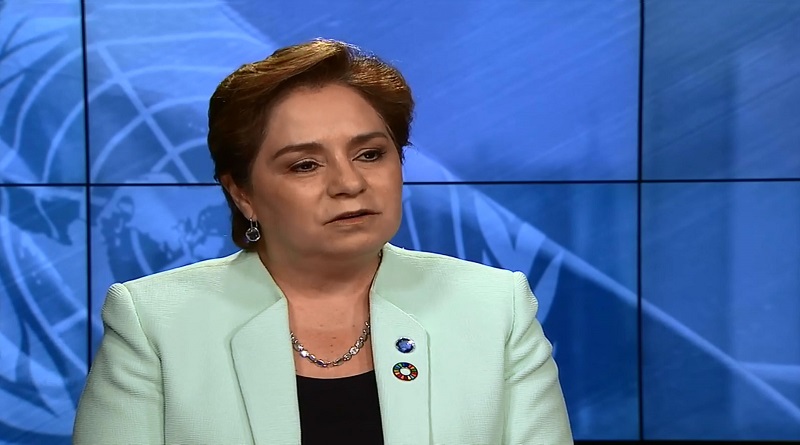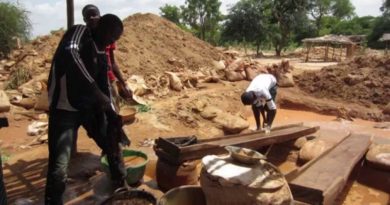Report highlights achievements of regional collaboration centres
The regional approach by UN Climate Change is facilitating fast, efficient and coordinated delivery of climate action by a broad range of actors across regions. This is according to a new UN Climate Change report, which analyses the work of the secretariat’s regional collaboration centres (RCCs) across the globe.
Titled “Enabling long-term impact – the role of regional collaboration centres in catalyzing climate action”, the report zooms in on the work done by the RCCs in 2019 to actively support countries as they work to implement commitments under the Convention, the Kyoto Protocol and the Paris Agreement.
“My sincere appreciation goes to the donors, hosts, regional partners and all those who have worked hard to achieve the successes of the RCCs since their establishment seven years ago,” said Patricia Espinosa, the Executive Secretary of UN Climate Change.
“I am impressed by the broad range of support offered by the RCCs on all aspects of the response to climate change, including adaptation, mitigation, technology, finance and capacity-building,” she added.
Currently, UN Climate Change and its partner organizations operate six RCCs around the world.
Asia and the Pacific: RCC Bangkok; Middle East, North Africa and South Asia: RCC Dubai;Eastern and Southern Africa: RCC Kampala; Western and Francophone Africa: RCC Lomé; Caribbean: RCC St. George’s and Latin America: RCC Panama.
RCCs support national climate action through capacity-building, technical assistance and strategic networking with an ever-growing network, thus sourcing know-how and resources to drive clean development.
They were originally established to spread the benefits of the Clean Development Mechanism (CDM), which spurs investment in sustainable development by rewarding projects that reduce greenhouse gas emissions. Since the adoption of the Paris Climate Change Agreement in December 2015, the RCCs have had the broader task of supporting implementation of countries’ climate action plans, known as Nationally Determined Contributions (NDCs) under that agreement.
RCCs successfully combine climate change expertise with in-depth local knowledge. This is critical to the overall success in tackling climate change.
The report highlights the following key achievements:
*RCCs provide stakeholder support. RCC’s have supported many different activities since 2013, including on-site support to clean development mechanism projects, capacity-building activities and coordinating regional events and workshops.
*RCCs support stakeholders in relation to climate finance. RCCs do this by helping to organize training, and matching funding organizations and stakeholders.
* RCCs also help build partnerships on a broad range of climate change issues at the international, national and regional levels.
*RCCs are also crucial when it comes to communications and outreach. RCCs have developed a great network with regional stakeholders, including development partners, funding agencies and government authorities.
Finally, RCCs are essential with respect to information gathering. Through targeted and ad-hoc interactions with stakeholders, such as dedicated surveys, they can identify gaps and barriers that we need to overcome for effective climate action. A good example of this was the involvement of RCCs in supporting the discussions on market and non-market based approaches and the submission of NDCs. RCCs—either directly or through their partners—can gather and analyze information on regional and national trends and develop targeted interventions accordingly.
Ms. Espinosa explained: “The infrastructure and partnerships that have been developed by RCCs in just under a decade have helped build a strong pathway to addressing climate change and the valuable lessons learned along the way will help RCCs better support countries moving forward.”
The analysis in the report clarifies how region-based action allows UN Climate Change to better understand regional challenges and priorities. It enables closer relationships with countries as well as regional non-Party stakeholders and provides a way for requests for support to be heard early and responded to in a targeted way. It allows for on-going interaction instead of limited interaction during the annual two-week long Climate Change Conferences (COPs).
The RCCs are an important support structure of UN Climate Change and can be described as a vehicle for connecting people on the ground to the intergovernmental negotiating process, thereby enabling a long-term impact for a sustainable future.




